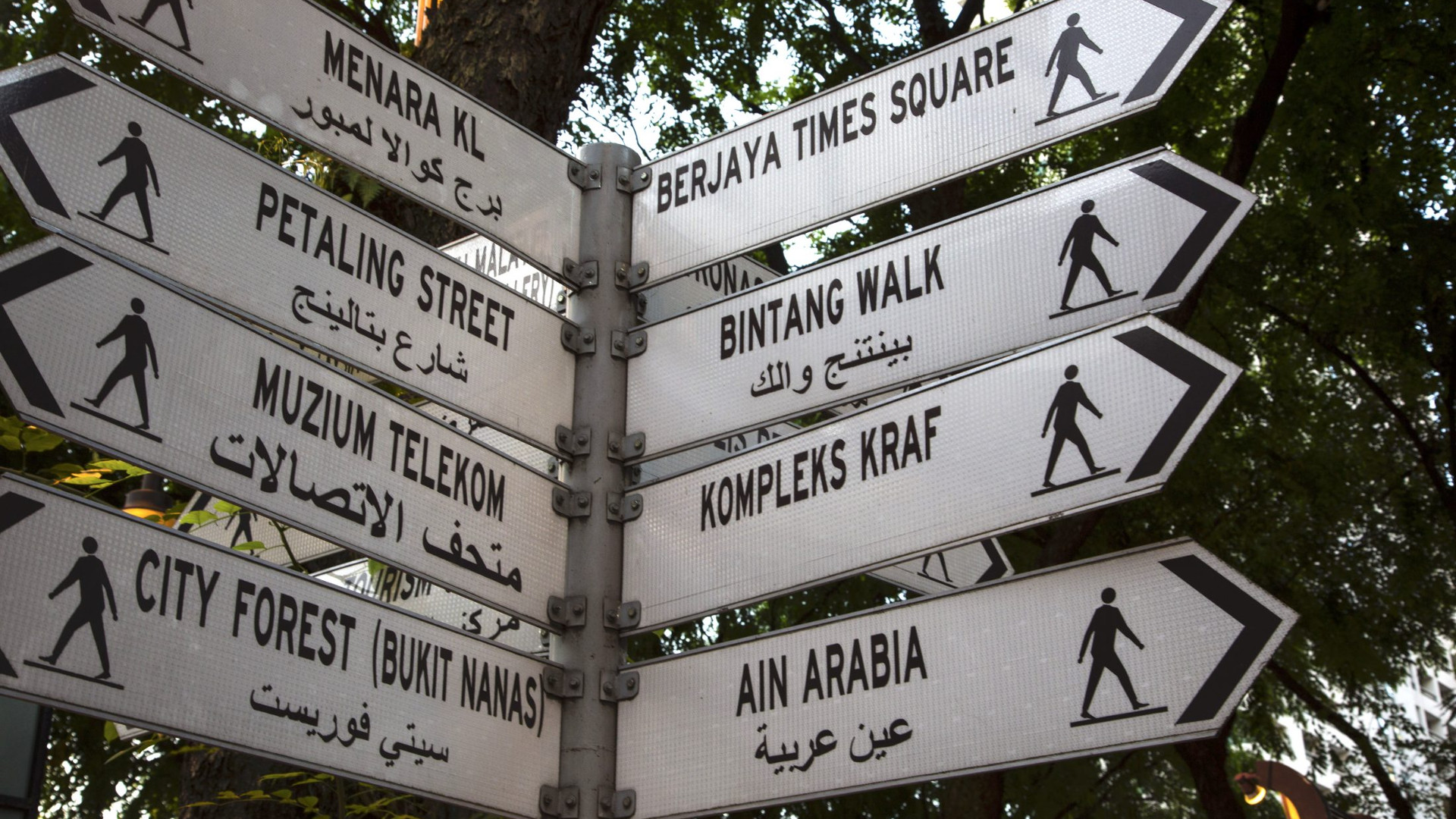
It’s been said that opportunity knocks but once. But if you’re a missions leader at a local church known for funding mission projects and partnerships, opportunities seem to knock just about every day. Worthy opportunities can come in all shapes and sizes: a long-standing church member whose heart has been touched by a video from a ministry that feeds poor children; an elderly lady in your Bible study group whose granddaughter needs to raise money for her short-term mission trip; a former missionary who has a friend serving on the mission field with a special project that lacks funding . . .
Well, you get the idea. Opportunity knocks, and knocks, and knocks. But the problem caused by an abundance of well-intended missions opportunities is no laughing matter. Often, it drives churches to overcommit to too many things, and that translates to wasted resources—a hodgepodge of random activity yielding very little impact. The reality is, a local church simply can’t do everything. Money, time, focus, and energy are all resources with a definite limit.
“To avoid becoming a hodgepodge of random activity yielding very little impact, three principles help us identify what God has equipped us to do and what missions opportunities to strategically support.”
Several years ago, when our church first faced this reality, we prayed for a way to sift through opportunities and steward God’s resources well. Our study of the New Testament led us to realize that we weren’t alone—that this has been a dilemma for the church since its inception.
But after much study, prayer, and trial and error, a set of principles began to emerge that we now refer to as the “missional matrix.” It’s given us a principled way to identify what God has equipped us to do and what missions opportunities to strategically support.
On paper, the matrix is a Venn diagram (yes, just like you remember from high school math class). We push every request through this grid to determine whether it qualifies as a missional activity for our congregation. Our missional sweet spot is found in the center of the diagram where three vital criteria overlap. For each missions opportunity that knocks on our door, we ask three questions: Is it kingdom-focused? Is it gospel-centered? And is it body-based?
Here’s what I mean.
Kingdom-Focused
Kingdom-focused ministry involves hands-on demonstrations of God’s love for people as we meet tangible needs such as hunger or healthcare in Jesus’s name. Our objective is to act like Jesus acted as he lived among needy people in his day. We want to make Jesus’s name famous by treating hurting people with compassion just like the Savior did.
Our church’s goal is to determine how God has wired our congregation to extend his reign on earth today, locally to globally. We ask questions like, “What calling has God placed on our hearts as a congregation?” and “What spiritual gifts and natural abilities has he has given our people?” We want to operate within the ways God has uniquely designed us to extend a kingdom influence by spreading the fame of Jesus’s name.
Gospel-Centered
Gospel-centered ministry addresses the spiritual needs of people by intentionally sharing with each person the good news of God’s love through the life, death, and resurrection of Jesus. The greatest need people face today is not food or medicine but redemption from sin and reconciliation with God through faith in Jesus.
Ministry is only missional when it provides an opportunity for us to share the gospel with people who need to know the Savior. The church is the only entity on earth entrusted with the treasure of the gospel. Only God’s people have the privilege and responsibility of sharing this good news everywhere we go.
Body-Based
Body-based ministry requires active involvement by members of our church family in the work. My goal as a local church missions pastor is to mobilize the people of God in our congregation on the mission of God to the nations. That means I work to build a culture of expectation among our members that God has equipped each of us to make Jesus known in some way locally to globally.
Everyone can’t do everything; no one can go everywhere. Yet everyone can go somewhere and do something to make Jesus known. Viable mission opportunities must provide hands-on connections that allow our resources to go where our feet can travel. Body-based also means that in the places we serve, our ministry must connect with the people of God locally. This involves serving alongside a healthy church or, when necessary, working with local believers to establish a new church.
A Firm Foundation for Mission Engagement
Our passion to pursue God’s mission opens our eyes to many opportunities to engage his work locally to globally. Our desire to wisely and strategically invest the resources God entrusts to us compels us to make choices from among many worthy alternatives.
Since our church family collectively does not have the resources to involve the congregation in everything that we could do, using a tool like the missional matrix allows us as leaders to make consistent decisions about which opportunities to pursue. This grid has been a helpful guide as we pray and depend on the Lord to reveal his plan. It provides us with a consistent standard for decision making and provides greater clarity to our church family and, thus, deeper unity as we pursue God’s mission.
Mark Harrison serves as missions pastor with Old Town Baptist Church in Winston-Salem, North Carolina. Mark is married to Julie, and they have a son in college and a daughter in high school. You can find Mark on Twitter.

